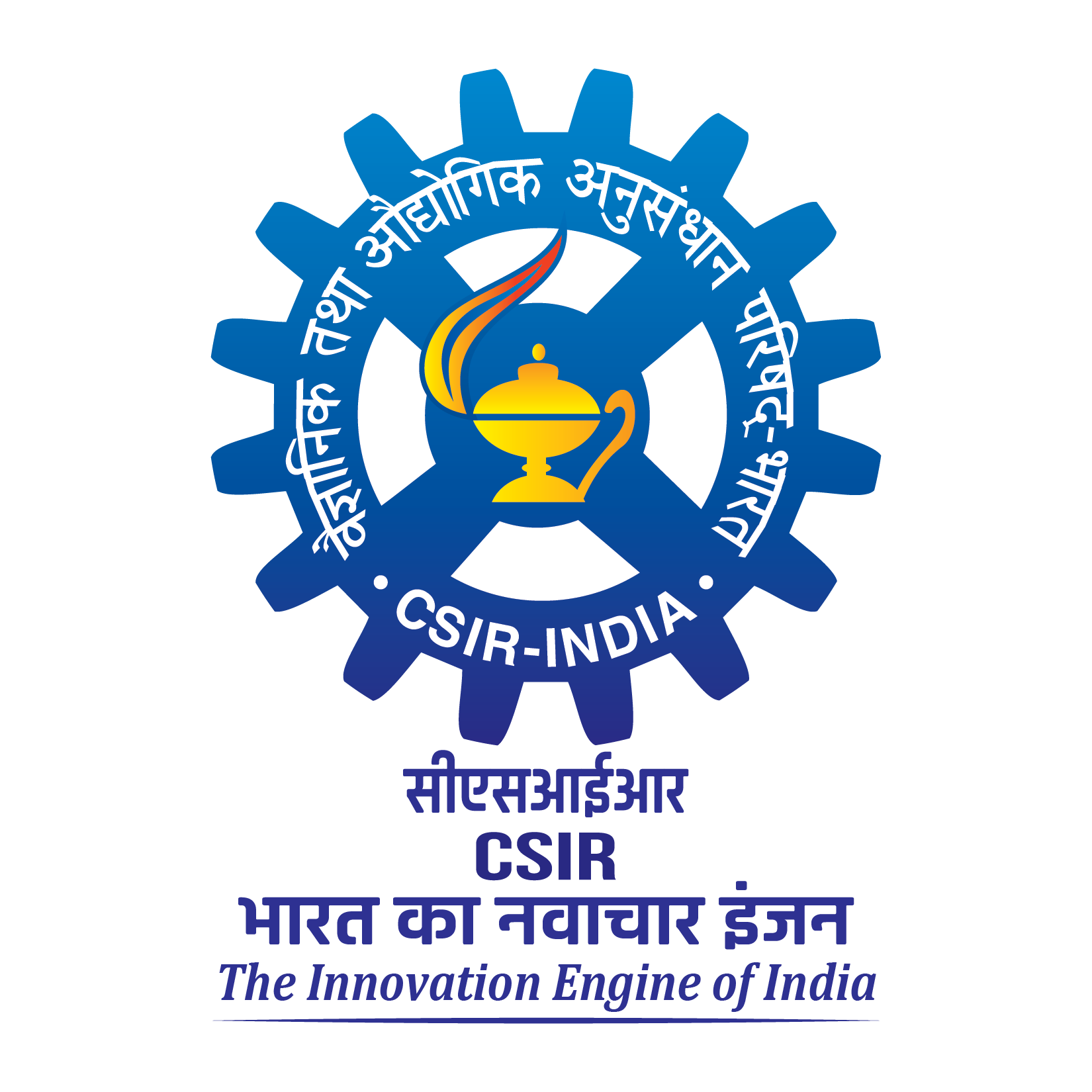निदेशक प्रोफाइल के हिंदी संस्करण के लिए यहां क्लिक करें

Dr Abhay A Pashilkar
Director, CSIR-NAL
|
Dr Abhay Anant Pashilkar joined National Aerospace Laboratories after his M.E. from the Indian Institute of Science (IISc), Bangalore, in 1993 and B.Tech (Hons) from IIT Kharagpur both in Aerospace Engineering. He worked as a Guest Scientist for 9 months in 1998 in the Institute of Flight Mechanics, DLR, Braunschweig, Germany. He has a Ph.D from the IISc in 2002. Pashilkar was with the NTU, Singapore for his post-doctoral fellowship from 2003 till 2005.
Second decade 2003 to 2013: He was the Deputy Project Director for the SARAS Autopilot programme from 2005 to 2011. From 2007 to 2014, he was Group Head, Flight Simulation at FMCD, NAL. The group under his charge undertook development of the SARAS Flight Training Device (FTD) and the Regional Transport Aircraft (RTA) simulator. In this period, research in the area of air traffic management was conducted jointly with a colleague. The PT-6 turboprop engine and propeller combination has also been modelled to capture its dynamics in the SARAS simulator. He initiated the research in the area of human factors of engineering and strapdown navigation algorithms. He was the task leader for the multi-disciplinary (aerodynamics, structures, propulsion, flight control) and multi-organization (NAL, HAL, ADA) teams that obtained clearance for the LCA Tejas for wake penetration. A parameter estimation technique was developed under his guidance which allows for direct updates to the aerodynamic coefficients, thus capturing the nonlinearities in the coefficients. This method is used to update the aerodynamics database of aircraft like SARAS and LCA by flight testing in near real-time. The Recursive Least Squares has been adapted for the determination of near real-time estimation of gain and phase margins.
Third decade 2013 onwards: The Advanced Medium Combat Aircraft (AMCA) control laws and a flight simulator, as well as the Handling Qualities Simulator for ASTE, IAF, were realised. In 2015, he provided the flight dynamic model of the Mig21 aircraft simulator at Bhuj Air Force Base. He has coordinated the multi-divisional Mirage project for aero-mechanical clearance of new stores from 2015 till 2018 under a project sanctioned by HAL. This is a multi-disciplinary activity involving various divisions of NAL (flight mechanics & control, structures, wind tunnel tests, computation fluid dynamics, and flight tests).
In 2018, he took over as the founding head of the Systems Engineering Division (SysED). The division is implementing Product Life Cycle Management (PLM), Multi-disciplinary Design Aircraft Optimization (MDAO), Reliability Analysis, and Model-based Systems Engineering (MBSE) solutions for aircraft programmes like SARAS Mk II and Hansa of NAL. SysED supports feasibility studies of Hansa Next Generation (NG) aircraft and the Regional Transport Aircraft (RTA). Subsequently, it has given key inputs for the configuration selection of the SARAS Mk II. The division has prepared the aircraft level reliability analysis for Hansa and SARAS Mk II systems and conducted anthropomorphic studies of the SARAS Mk II cockpit. SysED has also determined the mass and energy balance required for the design of the feasible High Altitude Pseudo-Satellite (HAPS) of the Zephyr class. From 2019 to 2022, he was the Program Director (Civil Aircraft Projects) at NAL.
Dr. Pashilkar has guided six PhD’s and one MS Engineering candidate in the areas of flight dynamics and control, parameter estimation, computer science, and human factors. There are over 70 publications in national as well as international journals and conferences with him as an author. He has received the CSIR Young Scientist Award in Engineering Sciences for the year 2001 in the area of "Significant Contributions to Control System Design, especially towards Providing Control Law for Handling of Aircraft under High Angle of Attack Unsteady Aerodynamics". He was also awarded the Indian National Academy of Engineering (INAE) Young Engineer Award for the Year 2003 for "Modeling, Analysis, and Simulation of Aerospace Systems". NAL received the CSIR Technology Award 2019 for "Carriage, Handling, and Store Release for a Fighter Aircraft" for its work on the Mirage FoC Upgrade project. |









